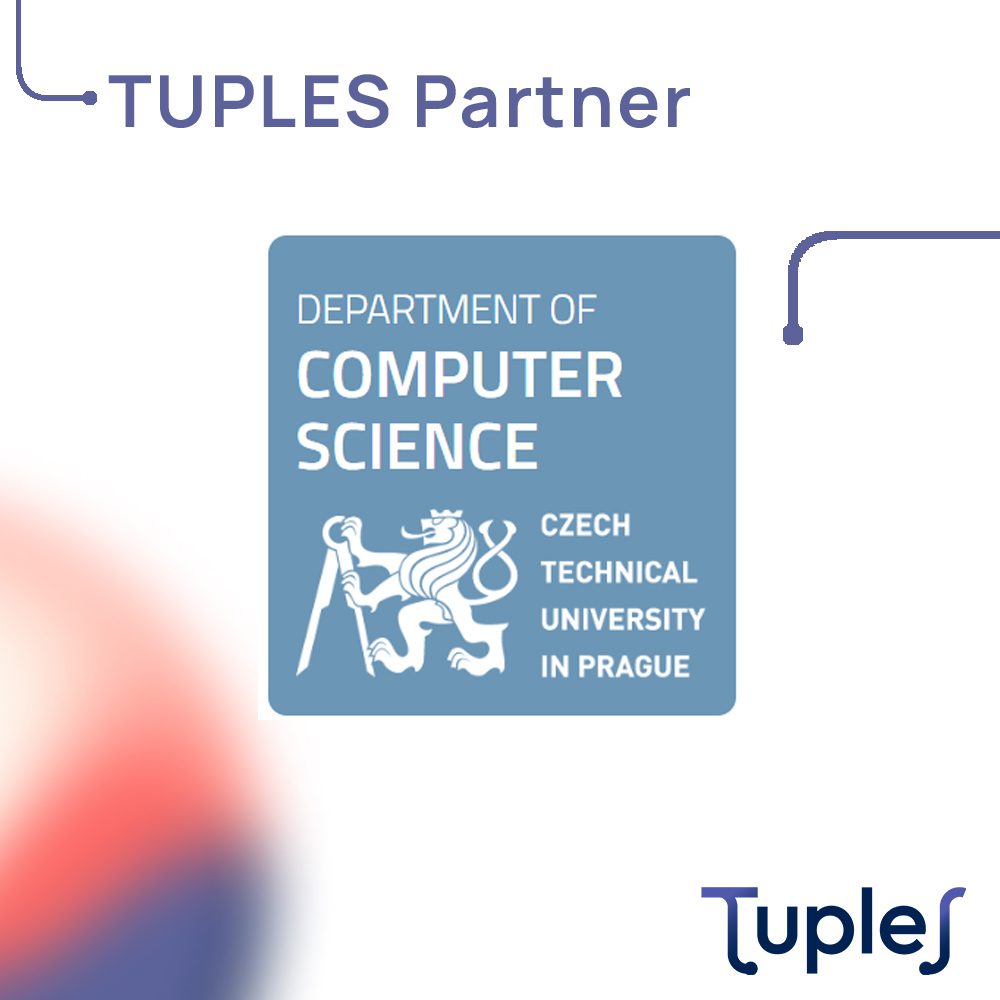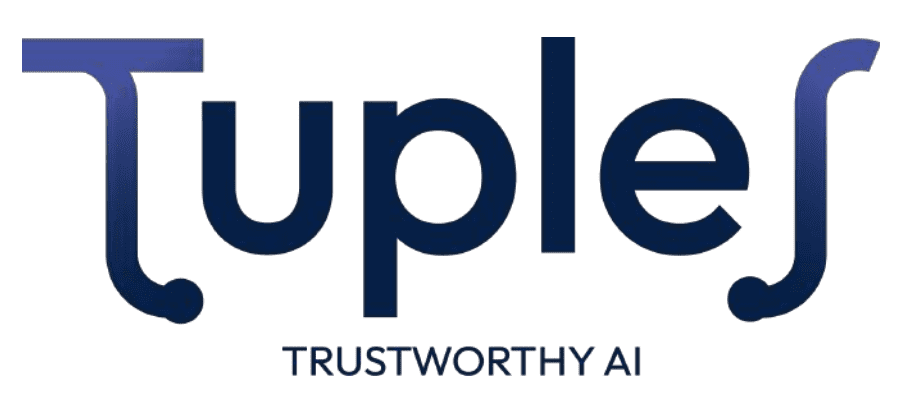The Czech Technical University in Prague (CVUT) joins TUPLES
-
11/01/2024
-
NewsNews

The Czech Technical University in Prague (CVUT) is one of Europe’s largest and oldest technical universities. The university has eight faculties with close to 19,000 currently enrolled students.
The Department of Computer Science is located at the Faculty of Electrical Engineering. With its long history (established in 1964) and more than 100 academics, the department has access to cutting-edge technology that puts it at the forefront of computer science research. The department puts no less emphasis on education by engaging in classes of three study programs and guaranteeing two of them.
The department’s researchers embrace foundational computer science topics such as software engineering, security, and optimization, as well as cross-disciplinary ones like artificial intelligence, machine learning, bioinformatics, or robotics. They approach the topics through fundamental research in the frame of publicly funded projects as well as applied contractual research (e.g., with ŠKODA AUTO, Honeywell, or Red Hat).
The research groups involved in the Tuples project are the Artificial Intelligence Center and Intelligent Data Analysis. Both have vast experience in building complex, large-scale prototypes of software systems in areas ranging from transport system simulation and cyber-attack detection to genomic data analysis.
CVUT for TUPLES
The Artificial Intelligence Center (AIC) and the Intelligent Data Analysis research group (IDA) from Czech Technical University in Prague will contribute to the project in three ways:
Within work package three, we will strive to apply advanced neural-network architectures in planning and scheduling, namely graph neural networks and lifted relational neural networks. These architectures can process data structured as graphs or, more generally, relational structures.
Such data are ubiquitous in planning and scheduling applications.
We will lead work package five, dealing with the explainability of machine learning techniques developed during the project. In relation to our research work on work package three, we will mainly focus on the explainability of predictions and policies learnt by graph neural networks and lifted relational neural networks.
Finally, we will collaborate with the TUPLES industrial partners to employ our techniques in the use cases where advanced neural network architectures will be applied, e.g., Airbus’ aircraft manufacturing use case.
See the CVUT team in TUPLES here.
